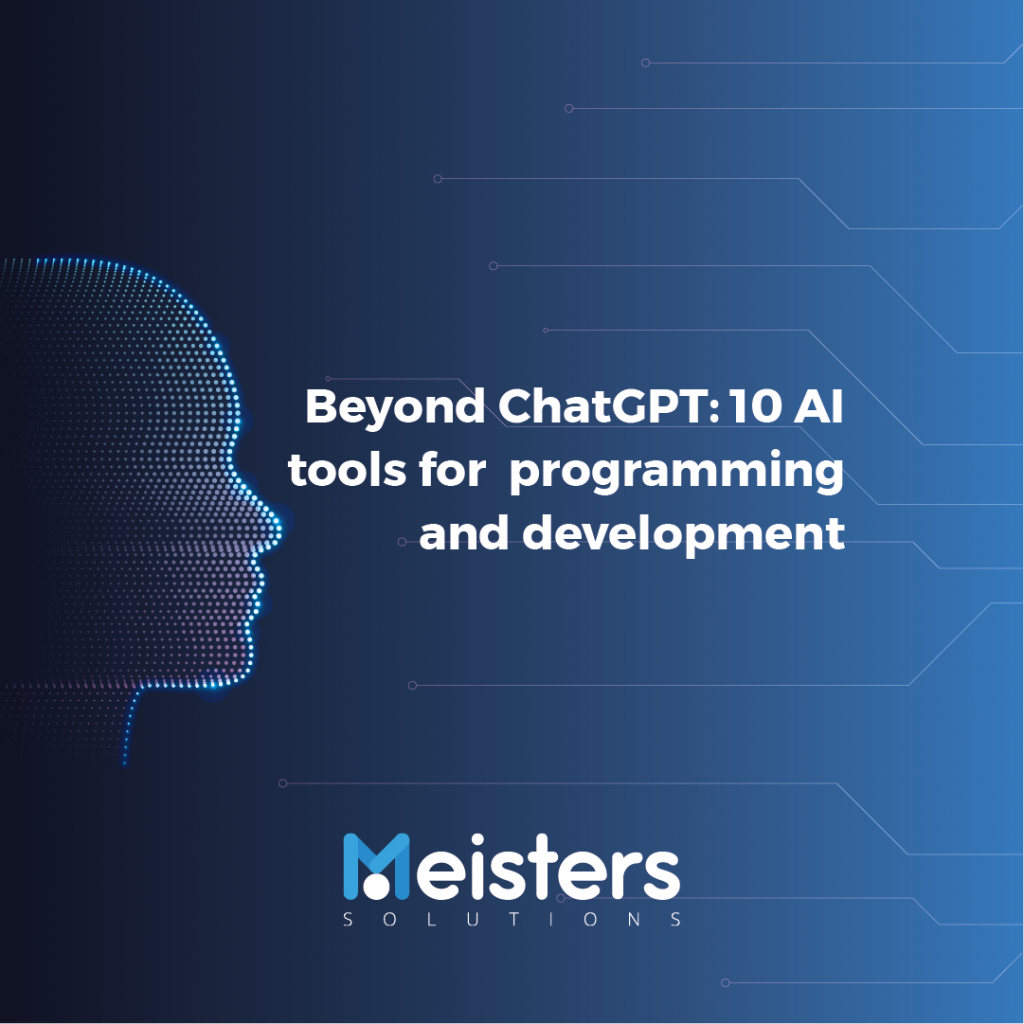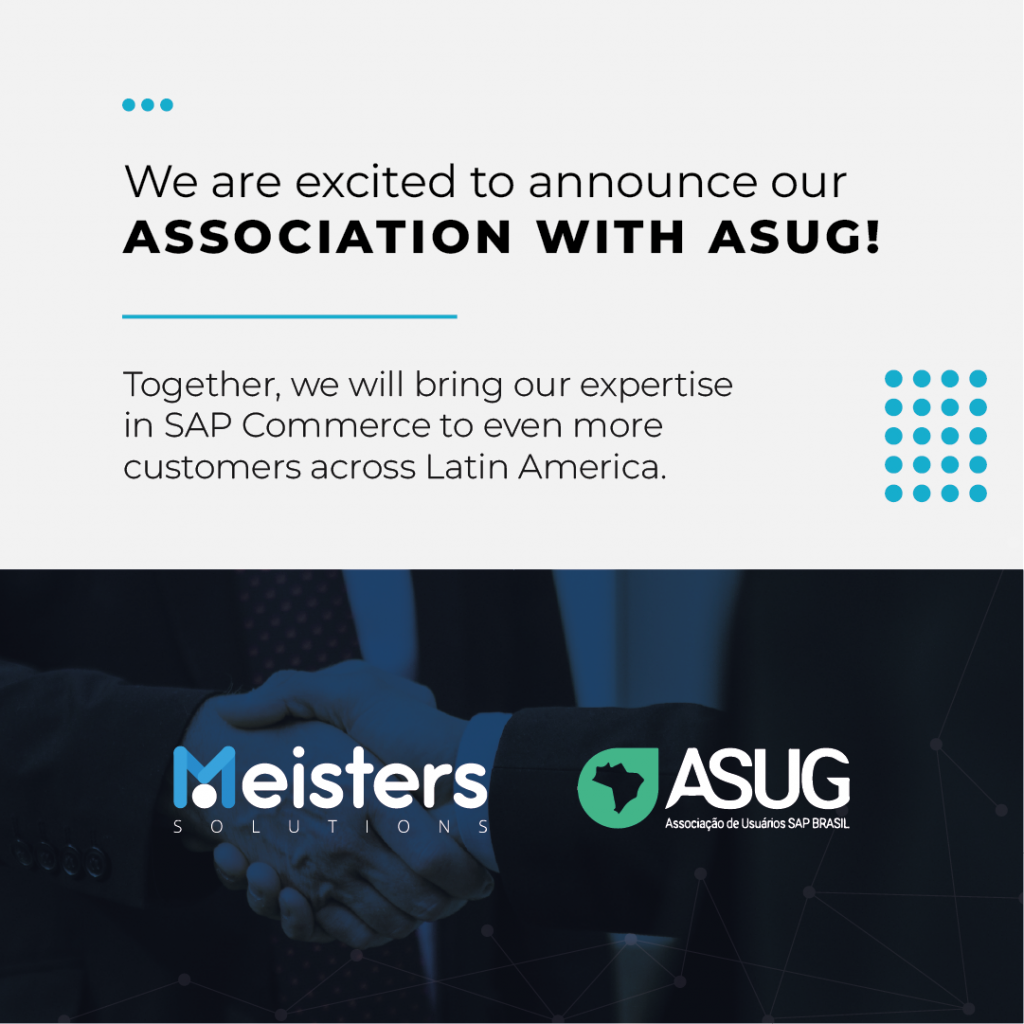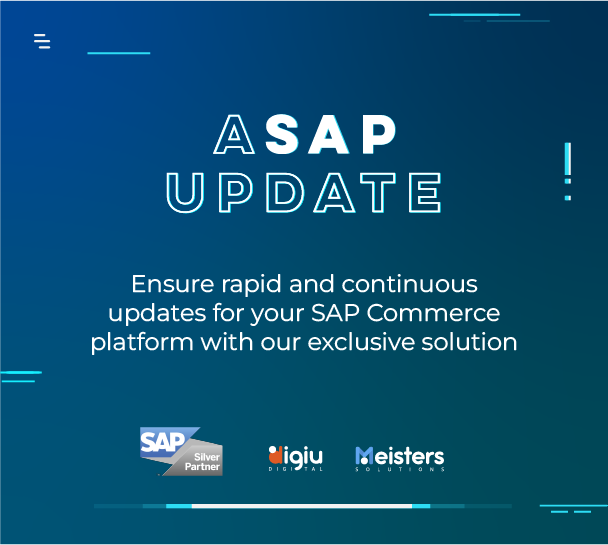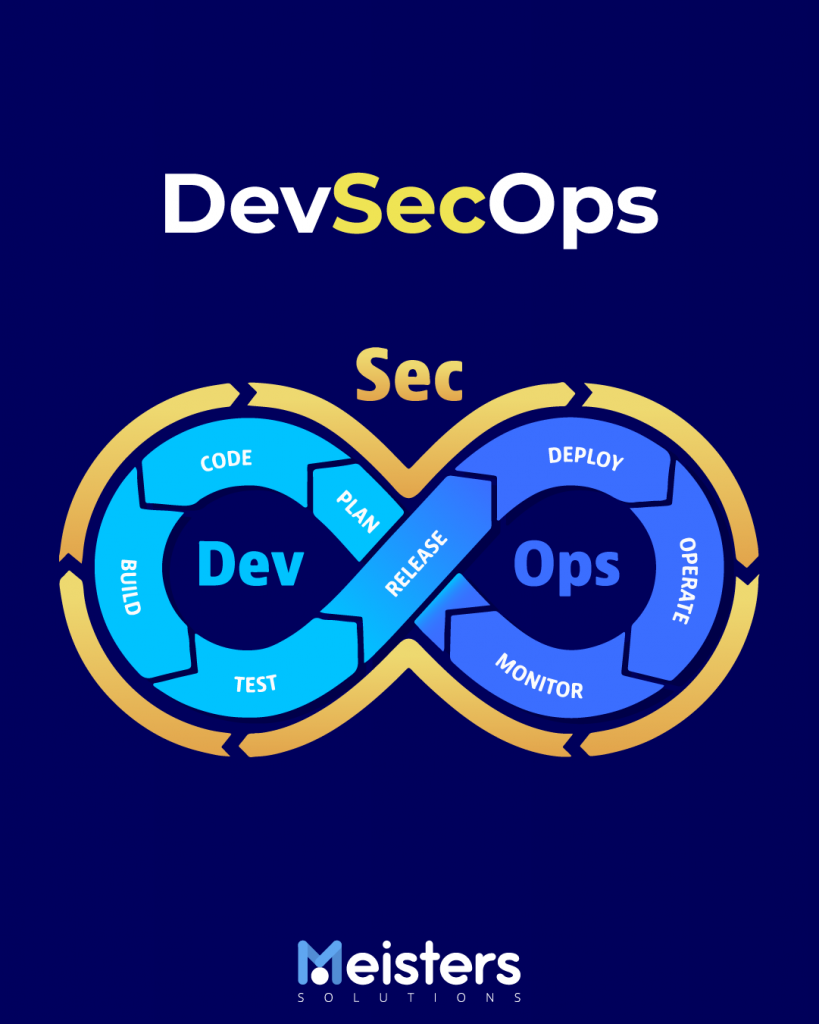Beyond ChatGPT: 10 AI tools for programming and development
Artificial intelligence (AI) has been a game changer in many industries, offering unparalleled potential to increase efficiency and productivity. In the world of programming and development, AI-powered tools have made it easier than ever for developers to create high-quality code, streamline software development, and generate unique content. From code completion and automated documentation to creating …
Beyond ChatGPT: 10 AI tools for programming and development Read More »






